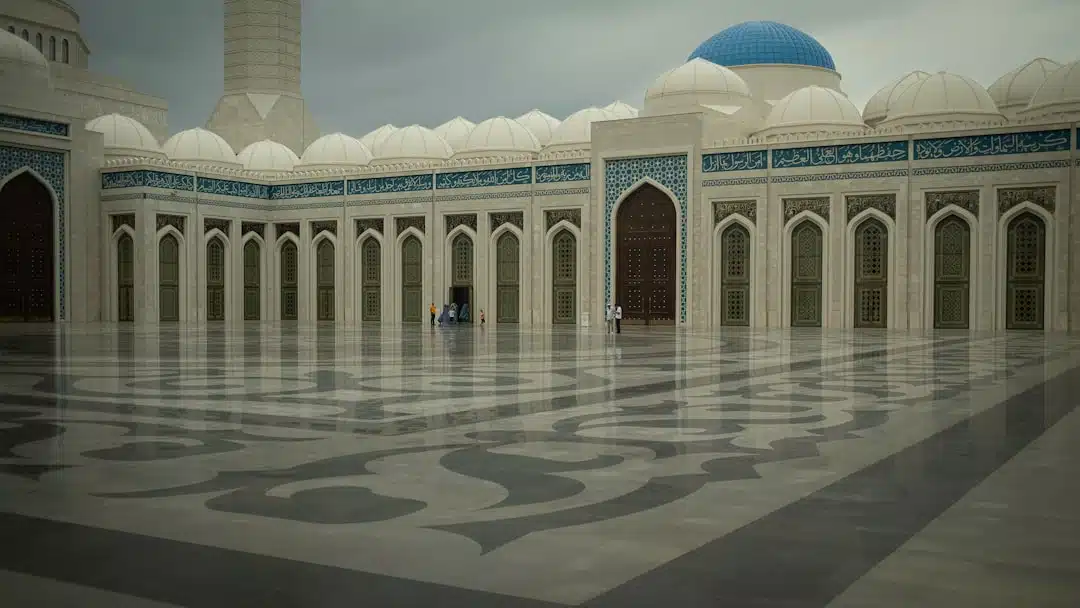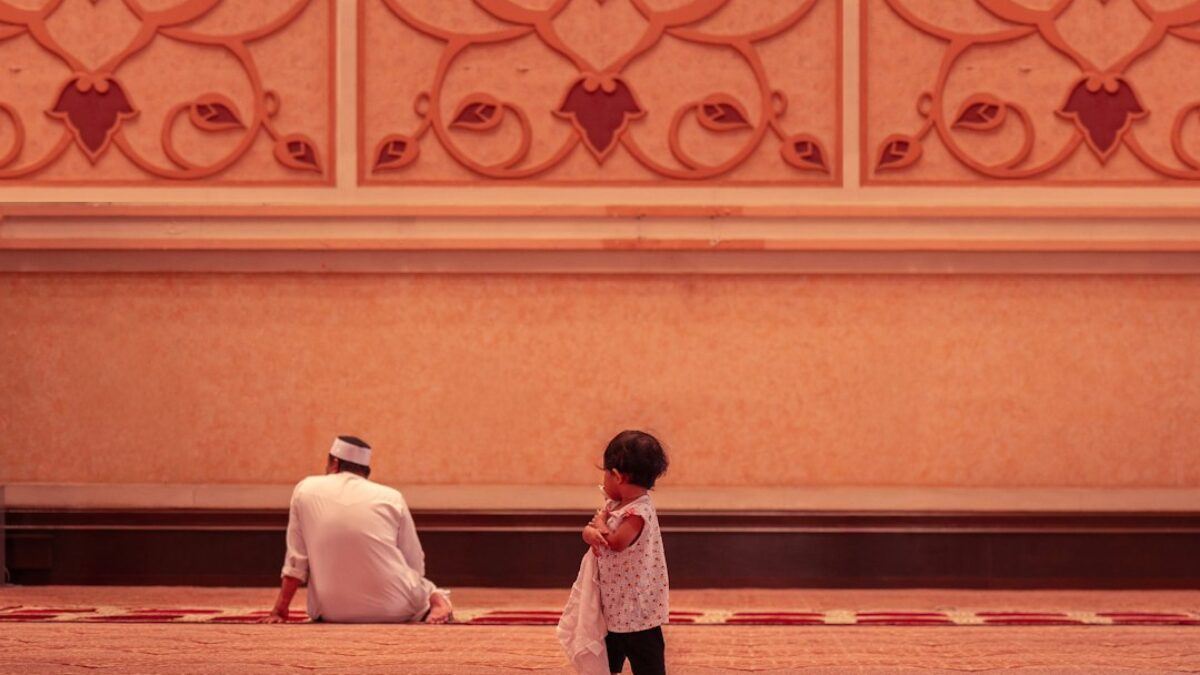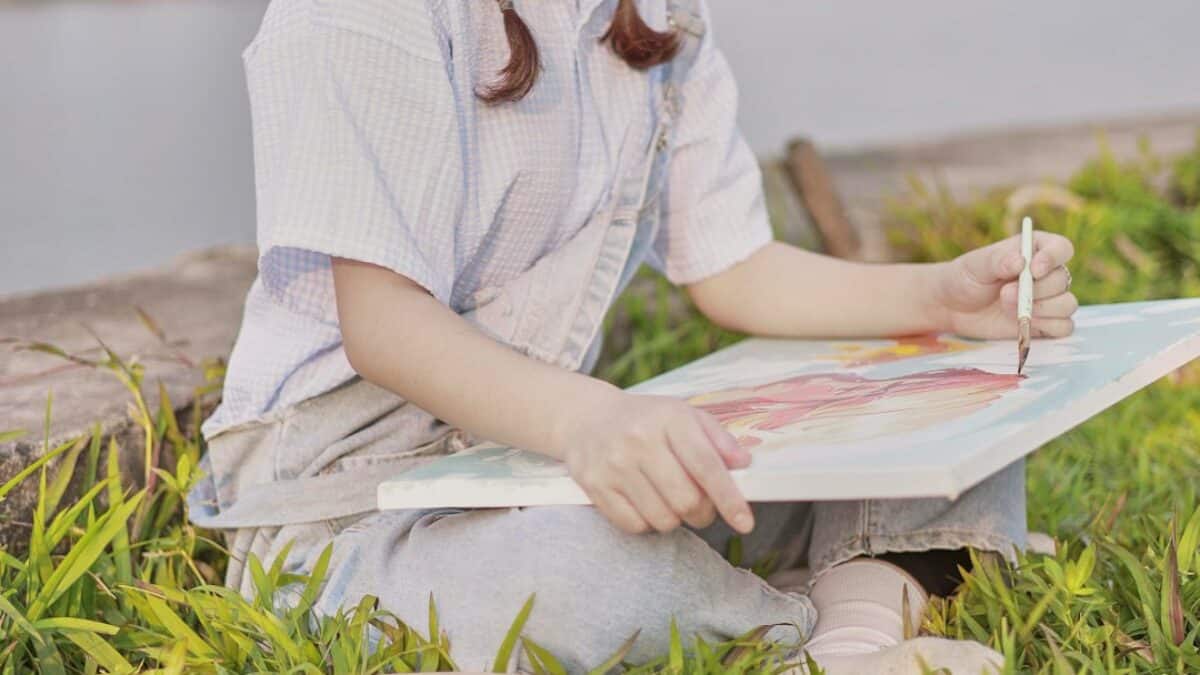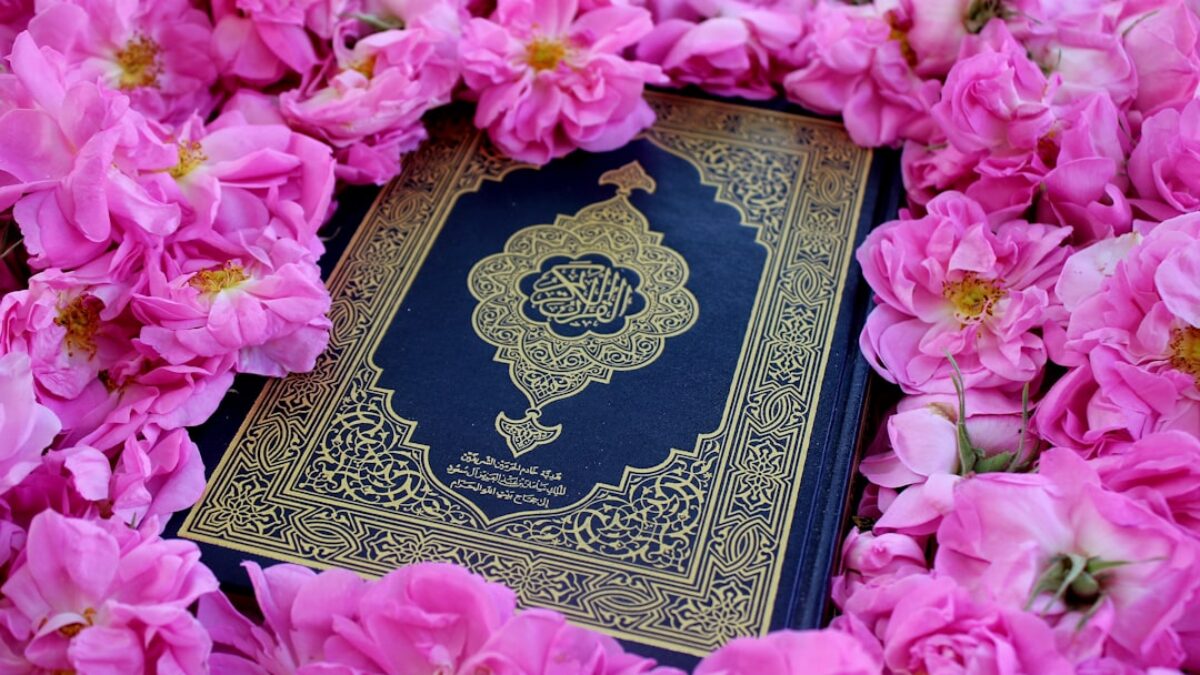Stepping into a mosque is an act of spiritual migration—from the ordinary world into a space where the Divine is remembered more often than forgotten. The Prophet Muhammad ﷺ taught specific invocations to mark this transition, so that the heart is already bowing even before the body reaches the prayer rug. In this article we will explore the powerful duas for entering a mosque: their Arabic wording, exact pronunciation, layered meanings, and practical ways to embody them. Whether you are a new Muslim, a parent teaching children, or a seasoned worshipper seeking deeper khushūʿ (presence of heart), these supplications will become keys that unlock the full grace of the masjid.
Understanding Duas for Entering a Mosque
The Arabic word masjid literally means “a place of prostration,” and linguistically it derives from sajada—to bow or lower oneself. The moment you walk through its doors you are symbolically lowering worldly preoccupations and lifting spiritual aspirations. The dua for entering the mosque is therefore not a hollow ritual but a verbal contract between you and Allah, asking Him to open the doors of mercy and to allow you to leave only after your slate of sins has been wiped clean.
From the ḥadīth corpus we learn that these supplications were taught by the Prophet ﷺ to his Companions, who in turn transmitted them with pristine accuracy. They are short enough to memorize in a single sitting, yet rich enough to meditate upon for a lifetime. Scholars classify them as adhkar al-mawāqīt—invocations tied to specific times or places—because their reward is magnified when uttered in the context of entering Allah’s house.
Spiritual Etiquette before Setting Foot Inside
- Intention (niyyah): Form a conscious purpose—whether it is obligatory prayer, voluntary remembrance, seeking knowledge, or merely shelter from worldly noise.
- Physical Purity (ṭahārah): Ensure wuḍūʾ or ghusl as required; the body’s cleanliness reflects the soul’s readiness.
- Fragrance & Dress: Apply perfume (sunna for men), wear clean clothes, and keep adornments modest.
- Silent Heart Check: Pause at the threshold, lower the gaze, and let the tongue moisten with istighfār before beginning the prescribed dua.
Key Components of Powerful Duas for Entering a Mosque
The Primary Dua: “Allāhumma iftaḥ lī abwāba raḥmatik”
| Arabic | Transliteration | Meaning |
|---|---|---|
| اللَّهُمَّ افْتَحْ لِي أَبْوَابَ رَحْمَتِكَ | Allāhumma iftaḥ lī abwāba raḥmatik | O Allah, open for me the doors of Your mercy. |
Imam al-Nawawi records in Riyāḍ al-Ṣāliḥī that the Prophet ﷺ said: “When one of you enters the mosque, let him say Allāhumma iftaḥ lī abwāba raḥmatik, and when he leaves let him say Allāhumma innī as’aluka min faḍlik.” The wording is concise but explosive in meaning. Notice how the supplicant does not command; he asks—displaying servanthood. The plural abwāb (doors) hints at the countless avenues of mercy: mercy in sustenance, mercy in knowledge, mercy in forgiveness, mercy in tranquility, and even mercy in social relationships formed within the masjid.
Supplementary Adhkar While Crossing the Threshold
- Salah upon the Prophet ﷺ once silently: Allāhumma ṣalli ʿalā Muḥammadin wa ʿalā āli Muḥammadin… to perfume the gathering with his mention.
- Seeking Refuge from Shayṭā: Aʿūdhu billāhi mina sh-shayṭāni r-rajīm—mosques are safe havens, and ʿUthmāibn Abī al-ʿĀṣ reported that shayāṭīare chained during congregational prayer.
- General Dhikr: The Prophet ﷺ encouraged any form of remembrance, promising that “the one who remembers Allah among the negligent is like a green tree in a barren desert.”
Exiting Dua: A Book-End of Mercy
| Arabic | Transliteration | Meaning |
|---|---|---|
| اللَّهُمَّ إِنِّي أَسْأَلُكَ مِنْ فَضْلِكَ | Allāhumma innī as’aluka min faḍlik | O Allah, I ask You of Your bounty. |
Scholars note a beautiful symmetry: the entering dua seeks mercy, while the exiting dua seeks bounty. Mercy softens the heart; bounty expands provision. Together they form a complete spiritual transaction.
Benefits and Importance
1. Immediate Forgiveness of Sins
Abū Hurayrah narrates that the Prophet ﷺ said: “When one of you enters the mosque and prays two rakʿahs before sitting, they will be forgiven the sins committed since the last time he left.” (Bukhari & Muslim) Reciting the dua is the opening act that activates this prophetic promise.
2. Increased Presence of Heart (Khushūʿ)
Words have an incredible anchoring effect on the mind. Uttering Allāhumma iftaḥ lī abwāba raḥmatik creates a neurological trigger reminding you why you walked in. Over time, the tongue shapes the heart until attention drifts less and contentment grows more.
3. Community Bonding & Mutual Recognition
When everyone recites the same phrases, an audible chorus of intention forms. Strangers become brothers united by a shared liturgy. Children learn by imitation, and the mosque becomes not just a building but a living organism whose cells are worshippers.
4. Protection from Satanic Whispers
The Prophet ﷺ explained that shayṭā’s most fertile ground is heedlessness. By consciously invoking Allah, you erect a spiritual firewall. Modern psychologists call this “priming,” and Islamic spirituality calls it taqwā—a shield placed between you and harm.
Practical Applications
How to Teach Children the Entering Dua
- Repetition with Rhyme: Convert the transliteration into a simple rhythm—Al-lah-hum-maf-tah-lee ab-waa-ba rah-ma-tik—and clap on each syllable.
- Visual Aids: Print colorful posters with the Arabic text and place them at child-eye level by the home entrance.
- Role-Play: Create a “mini-mosque” corner in the living room. Let one child be the “door” and another recite the dua before passing through.
- Sticker Chart: Give a tiny star sticker each time they remember the dua without prompting. Ten stickers earn a small gift.
Incorporating the Duas into Daily Commutes
If you live near a mosque that is open fajr to ʿishāʾ, schedule brief “touch-and-go” visits. Park your car, walk in, recite the dua, pray two rakʿahs, recite the exiting dua, and leave. The entire routine takes under seven minutes, yet its spiritual compound interest accrues daily.
Digital Reminders
- Set a geofence alert on your smartphone that pops up the dua when GPS detects you near any registered mosque.
- Create an IFTTT automation that sends the Arabic text, transliteration, and meaning to your smartwatch the moment you connect to the mosque’s Wi-Fi.
- Use WhatsApp broadcast lists to ping family members with a daily reminder that includes audio recitation by a child in your household—peer encouragement works wonders.
Group Workshops for Masjid Committees
Imams and volunteers can hold quarterly “Mosque Etiquette Circles” right after Maghrib prayer. A 15-minute segment can cover the entering/exiting duas, followed by role-play where attendees practice at the front door. Provide printed pocket cards that include QR codes linking to slow-motion recitation videos.
Frequently Asked Questions
What if I forget to recite the dua when stepping in?
Islamic law is built on ease, not hardship. If you forget, you may recite it as soon as you remember—even if you have already sat down. The Prophet ﷺ said: “Whoever forgets a dhikr and remembers it later, let him say it, for its reward is still written.” Some scholars add that if you are already engaged in prayer when you recall, you may recite it silently after the taslim.
Is the dua required for small prayer rooms or musallās?
The majority opinion is that the same ruling applies because the Prophet ﷺ did not specify architectural size. However, the Ḥanbalī school distinguishes between a masjid (perpetually endowed) and a musallā (temporary space). In practice, reciting the dua in any place set aside for prayer is praiseworthy and incurs reward, even if technically not obligatory in the latter case.
Can women recite these duas aloud in a women’s prayer hall?
Yes, provided there are no unrelated men who can hear them. The default ruling is that the voice of a woman is not ʿawrah when reciting Qurʾāor dhikr. Nevertheless, audible recitation should maintain the decorum of the masjid—moderate volume, free of adornment, and in line with local custom.
Should non-Arabic speakers still use the Arabic text?
Absolutely. Arabic is the original wording taught by the Prophet ﷺ, and its phonetic resonance carries barakah that translations cannot replicate. While learning, you may temporarily use the transliteration, but aim to memorize the Arabic within a realistic timeframe. Think of the transliteration as training wheels; remove them once balance is achieved.
How soon after entering should the dua be said?
Immediate upon crossing the physical threshold. If the mosque has an outer courtyard followed by an inner door, the stronger position is to recite it at the final door that leads into the prayer area. The key is intentional timing: before you become occupied with people, phones, or secondary tasks.
Is there any difference if the mosque is closed (e.g., during COVID-19 lockdowns)?
When gates are locked, you may still recite the dua from outside while facing the entrance. The spiritual geography remains intact because the act of approaching the masjid already carries weight. Some scholars cite the ḥadīth of the woman barred from the Kaʿbah who earned equal reward by merely circling around its precincts.
Are there additional Qurʾanic verses recommended?
While the entering dua itself is sunnah, you may add:
Āyat al-Kursī once for protection. Sūrah al-Ikhlāṣ three times to purify intention.
























Post Comment